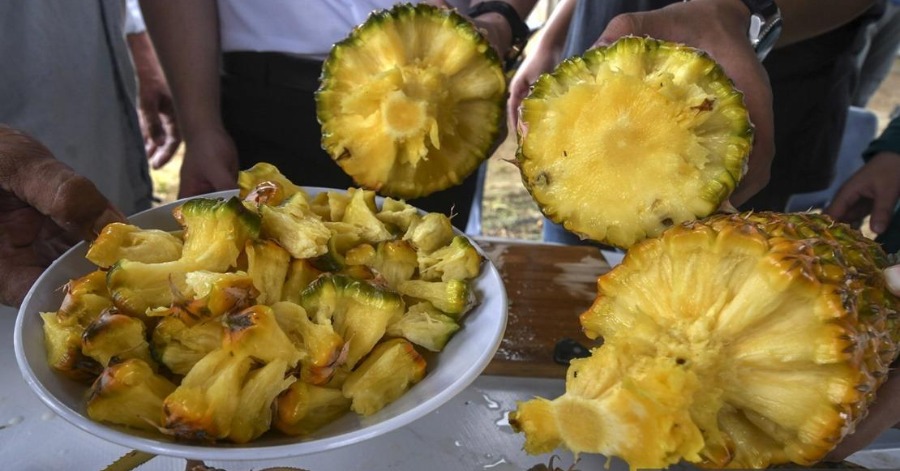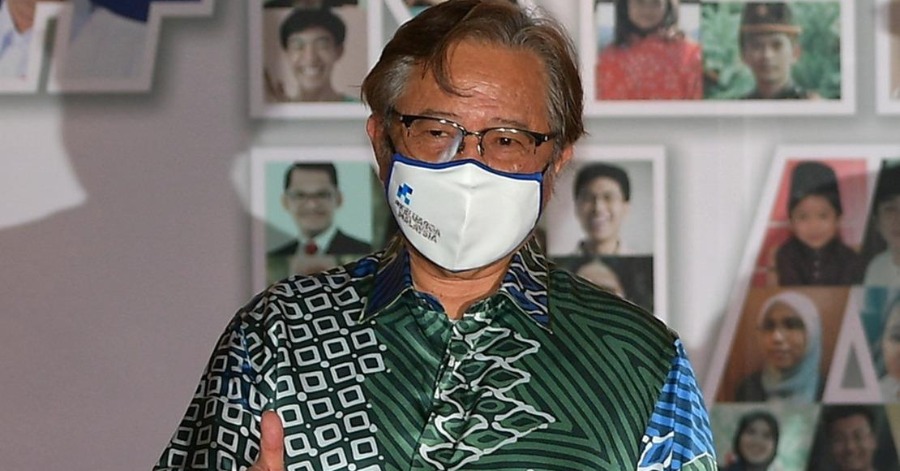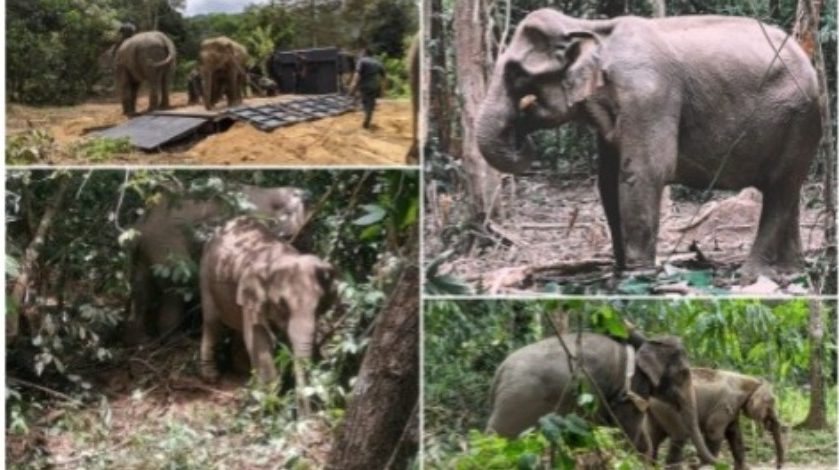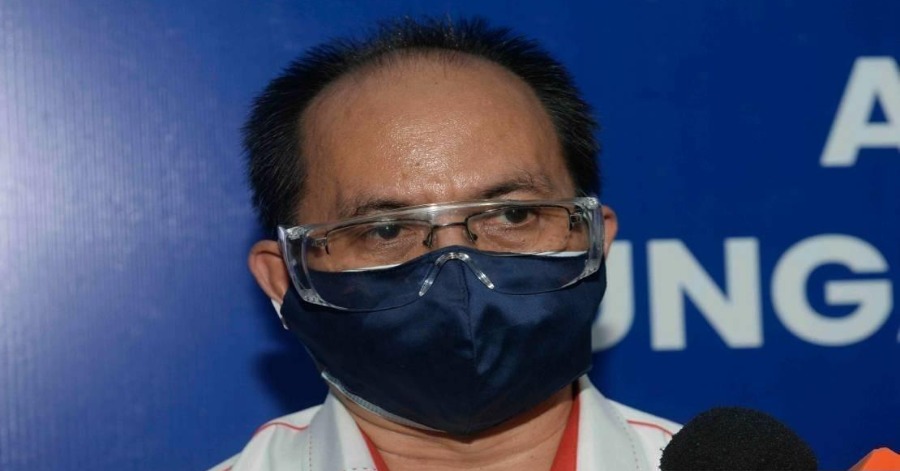JOHOR BAHRU, Nov 3 — The National Agrofood Policy (DAN 2.0) which is drafted to drive the development and modernisation of agrofood and food security industry under the Ministry of Agriculture and Food Industries (MAFI) will further boost the country’s pineapple industry.
Malaysian Pineapple Industry Board (LPNM) director-general Mohd Khairuzamri M. Salleh said the main thrust of DAN 2.0 was in line with the agency’s goal of making agrofood a sustainable, resilient, high-tech sector and able to drive economic growth thus improving people’s well-being.
For the first thrust that supports modernisation and smart agriculture, he said LPNM has started applying IR 4.0 which is the revolution of internet of things (IoT) in agriculture such as the use of remote sensing in the development of the crop with smart farming methods including fertilisation, soil fertility, farm monitoring and marketing.
“LPNM also collaborates with research institutions and institutions of higher learning as well as increases holistic engagement with the private sector in conducting research, development, commercialisation and innovation to drive the continued development of new technologies and products in the pineapple sector,” he told Bernama today.
He said, for the second thrust, the domestic pineapple market is now beginning to strengthen with the increased production of MD2 premium variety which has a high market demand abroad thus will drive the export growth of Malaysian pineapple products.
“LPNM aims to increase the country’s pineapple planting area to 20,000 hectares in 2025 from 17,000 hectares in 2020 with the target of increasing the percentage of MD2 pineapple planting from the current 15 per cent to 50 per cent to meet the high demand in the domestic and export markets,” he said.
Through the third thrust, which is talent development that meets industry demand, LPNM is now focusing on the involvement of young people through the young agropreneur programme, said Mohd Khairuzamri.
According to him, the young agropreneur programme would be able to provide career opportunities as well as help the group earn a good income in line with the government’s intention in overcoming the problem of unemployed youths or graduates.
“Under the fourth thrust, which is sustainable agriculture, the involvement of as many pineapple growers as possible for the MyGAP (Malaysian Good Agricultural Practices Scheme) certification, will facilitate growers to market their products abroad.
“For the manufacturing sector and small and medium industries, LPNM will guide entrepreneurs in obtaining GMP, MeSTI, Halal and other certifications as well as help them improve their skills in producing quality products to meet market demand,” he said.
Mohd Khairuzamri said LPNM had started a zero waste programme in building environmental sustainability as well as utilising industrial resources including developing downstream products from plant waste including pineapple fibre yarn, pineapple paper and animal feed.
For the strategy and action plan under the fifth thrust, he said LPNM was committed to planning a conducive business or enterprise ecosystem as well as a strong institutional framework, including increasing cooperation with stakeholders such as the state governments in developing land for integrated and high-impact pineapple cultivation.
“We believe the country’s pineapple industry will continue to grow by five per cent a year with the country’s pineapple exports having experienced a significant increase of RM641 million in 2020 compared to RM138 million in 2016.
“God willing, this year we expect the export value for pineapples to exceed RM700 million, so this is a good potential,” he said.
Source: BERNAMA









Leave a Comment